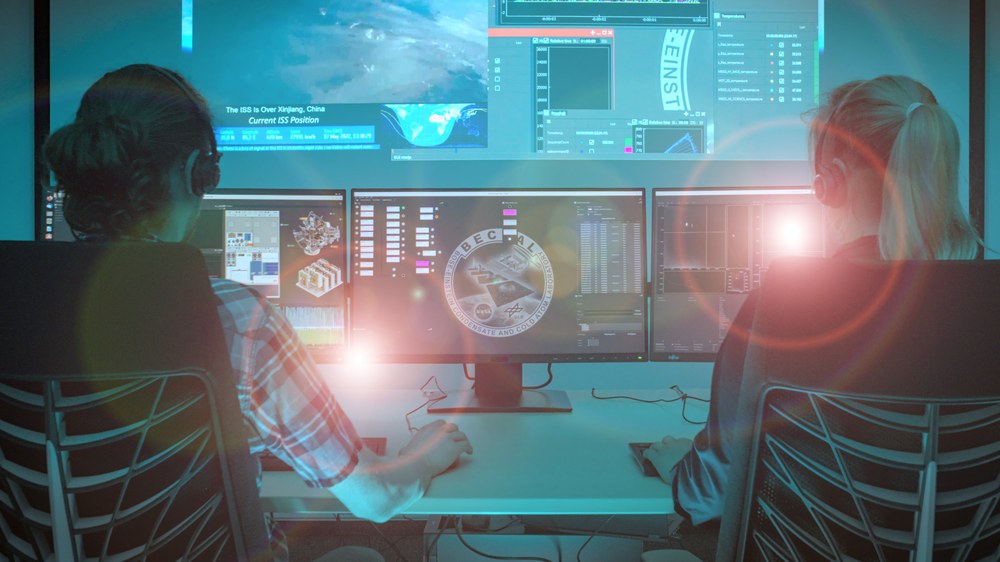Relativistic Modelling

The department Relativistic Modelling is involved in the development of sensors, especially for space missions, during the whole life cycle – from the concept phase to the data analysis. Therefore software packages are developed for satellite modelling, orbit propagation, systems engineering, experiment control, and final data reduction. The goal is to offer digital twins for different mission phases. Apart from that, AIVT (Assembly, Integration, Verification, and Test) activities complete the department's portfolio.
The focus of the department is on missions, which make use of novel developed quantum sensors for satellite geodesy, navigation and beyond. Furthermore, additional use cases for quantum optical sensors are investigated, e.g. in medical technology or in aviation. Together, the team enables innovative mission concepts including the technology transfer of sensor and software concepts in other areas like aviation and security.
In addition to the research work, the science team is also committed to education due to the close cooperation with the University of Bremen. The department offers lectures and the possiblity of writing bachelor and master theses. The department is located in the Bremen Technology Park which provides many opportunities for various cooperations in the direct neighbourhood.
Simulation and Development of Quantum Sensors
The department works on the control and simulation of quantum sensors in their mission environment. Therefore software systems are developed to control the experiment and analyse the received data. The team enables the planning and realisation of missions by developing system engineering tools and supporting assembly, integration, verification, and testing of the equipment. This includes a software package that allows for a simple and structured product documentation.
All software packages are developed with focus on extensibility and open interfaces. They are already in use for the space projects BECCAL, MAIUS, and CARIOQA-PMP.
Simulation of Satellite Behaviour
Moreover, the department works on implementing simulations which have high requirements for satellite modelling and the interdependency of the satellite with the space environment. This includes, in particular, precise propagation of satellite orbits which also consider relativistic corrections. Therefore the simulation software VENQS is developed in the context of the project VirtualEnv and serves as central tool for orbit propagation in the department.
The modelling methods are applied, e.g., for the simulation of satellite networks for quantum communication or geodesy. In this context the department also participates in the Collaborative Research Center TerraQ.
